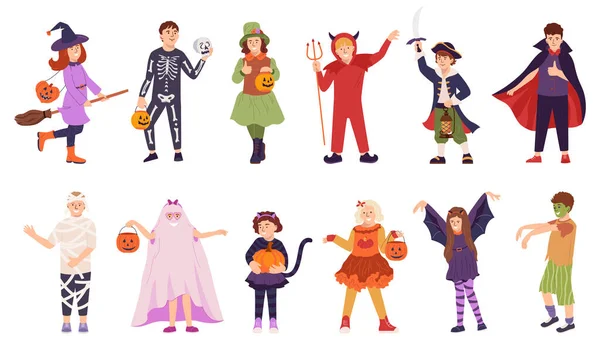The habit of wearing costume on Halloween /La costumbre de llevar disfraz el Día de Brujas - 5 minutes of Spanish + Podcast (English version)
Good morning, good afternoon or good evening depending on
where you are or what time you are listening to us.
Thank you very much for being here participating in this
podcast about Spanish, a language that we love and that today summons us. We
recognize you for taking this time to practice Spanish with us.
We are Malena and Eduardo, teachers of Spanish for
foreigners, maybe you already know us and you have the habit of listening to us
week after week, we have been talking to you since 2020. And, if you don't know
us, click here and you will see how to improve your Spanish quickly.
 |
| Click for listening |
Are they false friends?
Not exactly, in this podcast 169 we are going to talk about
the words: costumbre and disfraz.
We have the habit of recording a podcast every Wednesday
since 2020.
In Mexico we have the custom of eating Pan de Muerto or
sugar skulls on the Day of the Dead. Let's remember that Pan de Muerto is a
sweet bread that is a traditional food on these days.
And sugar skulls are Little sugar skulls. I think the word
costume is confused with costumbre.
That's right, let's go to the translations:
Costumbre - habit
Disfraz- costume
What is costumbre?
Custom is a set of practices or habit that are acquired
through repetition and constancy. They can be of a person or of a society.
It is what distinguishes one community from another. For
example, millennials have the habit of interacting on social networks, Tik Tok,
Facebook, etc.
Only millennials?
Well, actually, everyone in at least one part of the world.
When does a habit become a tradition?
If you have a custom for a long time, it becomes a
tradition.
Are there good habits and bad habits?
Good habits are for example sleeping eight hours, eating
healthy, do you know any other good habits?
Bad habits are the opposite, eating junk food, throwing
plastic into the sea and everything related to a disorganized life.
The other word is disfraz, which in English is
costume.
The word costume derives from the verb to disguise and
linguists do not agree on the origin of this word. It seems to come from the
Latin, desfrezar, to disguise, to hide traces.
Children wear a costume on Halloween. Children wear a
costume on Halloween.
Mario tried to disguise his jealousy, but it was more than
obvious. Mario tried to disguise his
jealousy but it was obvious.
On the Day of the Dead there is a catrinas parade, i.e. the
girls go out painted and dressed up as catrinas. On the Day of the Dead there
is a catrinas parade, that is, the girls come out painted and dressed as
catrinas.
Would you like to have more vocabulary? Click here and
start now in this club where you can practice Spanish at your own pace and
every day.
Did you know that learning Spanish is easy? What do you
think? If you want to practice a little bit click here and make an appointment
to chat a little bit in Spanish.
Thank you very much for making it this far in the Podcast.
And thank you for listening, participating and suggesting. Spanish in Cabo and
SpanishUp2U would not exist without you. Our function is to be with you
walking together. We want Spanish to be a habit for you. This is the mission of
the school, so we thank you from the bottom of our hearts for listening to us.
See you at the Zoom workshops, at the classes in the Cabo
San Lucas or San Jose del Cabo centers, at the Facebook cooking experience, at
the free workshop, or listen to us at the SpanishUp2U Spanish school in Cabo
San Lucas or San Jose del Cabo centers, at the Facebook cooking experience, at
the free workshop or listen to us next Wednesday.
Hasta pronto
Chau, chau

Comentarios
Publicar un comentario